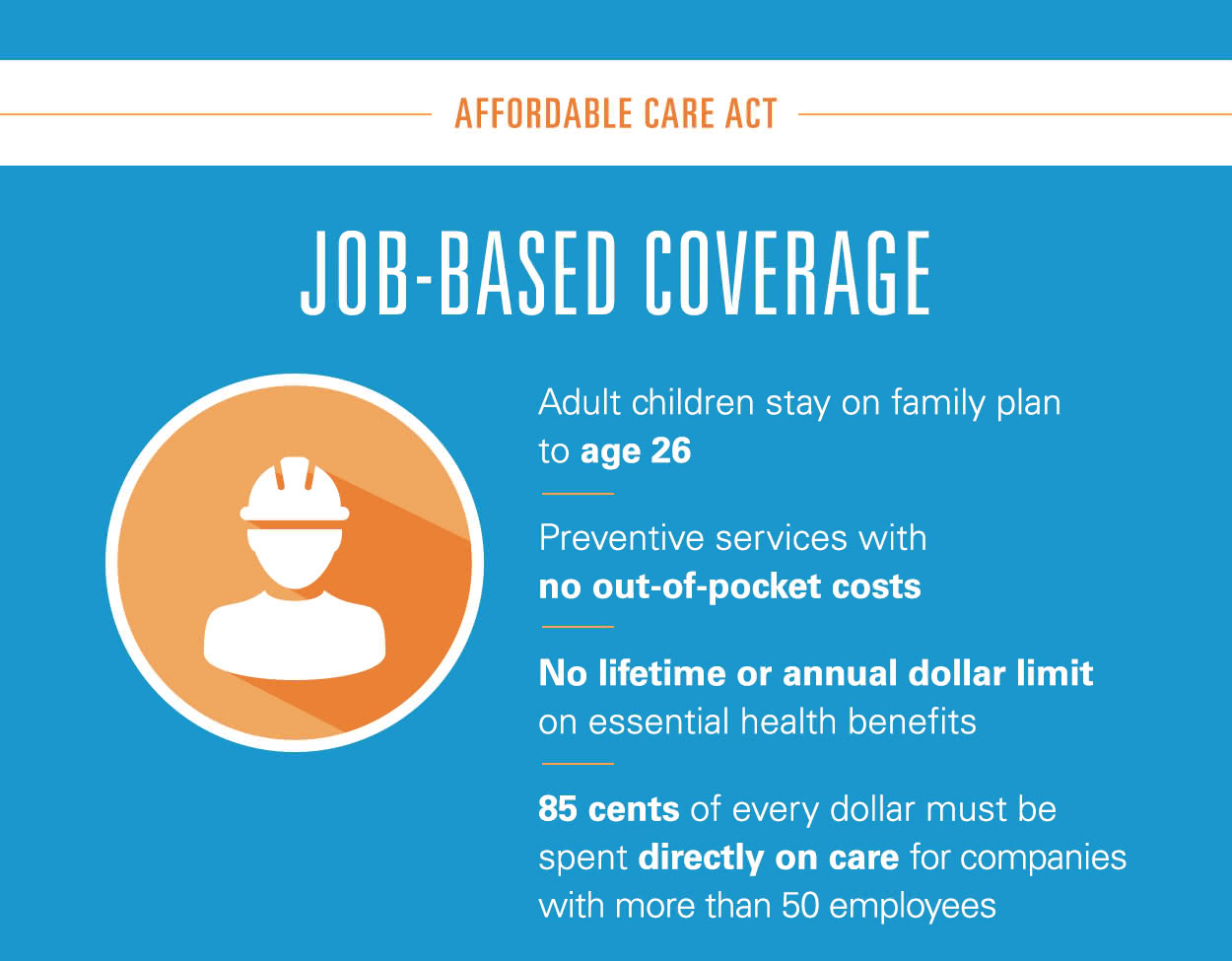Benefits of ACA
The Affordable Care Act (ACA), also known as Obamacare, has brought about numerous benefits to individuals and families across the United States. In this article, we will explore the advantages of ACA and how it has positively impacted the healthcare system.
Improved Access to Healthcare
One of the key benefits of ACA is the improved access to healthcare for millions of Americans. Before its implementation, many individuals were unable to afford health insurance due to high premiums or pre-existing conditions. ACA introduced health insurance marketplaces where individuals can compare and purchase affordable plans, ensuring that more people have access to necessary medical services.
Preventive Care and Wellness
ACA emphasizes the importance of preventive care and wellness by requiring insurance plans to cover certain preventive services without charging co-pays or deductibles. This encourages individuals to seek regular check-ups, screenings, and vaccinations, leading to early detection and prevention of diseases. By focusing on preventive care, ACA aims to reduce healthcare costs in the long run and promote healthier lifestyles.
Protection for Individuals with Pre-existing Conditions
Before ACA, individuals with pre-existing conditions often faced difficulties in obtaining health insurance coverage. They were either denied coverage or charged exorbitant premiums. ACA prohibits insurance companies from denying coverage or charging higher rates based on pre-existing conditions. This provision ensures that individuals with pre-existing conditions can access affordable healthcare services without discrimination.
Expansion of Medicaid
Another significant benefit of ACA is the expansion of Medicaid. This program provides health insurance coverage to low-income individuals and families who would otherwise struggle to afford it. By expanding Medicaid eligibility, ACA has helped millions of vulnerable populations gain access to essential healthcare services, including preventive care, prescription drugs, and hospitalization.
Essential Health Benefits
Under ACA, insurance plans are required to cover a set of essential health benefits. These benefits include ambulatory patient services, emergency care, hospitalization, maternity and newborn care, mental health and substance use disorder services, prescription drugs, rehabilitative services, laboratory services, preventive and wellness services, and pediatric care. By mandating these essential health benefits, ACA ensures that individuals have comprehensive coverage for their healthcare needs.
Financial Assistance
ACA offers financial assistance to individuals and families who meet certain income criteria. This assistance comes in the form of premium tax credits and cost-sharing reductions, which help lower the cost of health insurance premiums and out-of-pocket expenses. By providing financial support, ACA makes healthcare more affordable and accessible to a wider range of individuals.

The Affordable Care Act has brought about numerous benefits to individuals and families, including improving access to healthcare, emphasizing preventive care and wellness, protecting individuals with pre-existing conditions, expanding Medicaid, mandating essential health benefits, and providing financial assistance. These advancements have significantly contributed to a more inclusive and comprehensive healthcare system in the United States.
Frequently Asked Questions about the Benefits of ACA
1. What is ACA?
ACA stands for the Affordable Care Act, also known as Obamacare. It is a healthcare reform law enacted in the United States in 2010.
2. What are the primary benefits of ACA?
The primary benefits of ACA include increased access to affordable health insurance, protection for individuals with pre-existing conditions, and the expansion of Medicaid.
3. How does ACA increase access to affordable health insurance?
ACA provides subsidies and tax credits to help lower-income individuals and families afford health insurance coverage. It also created health insurance marketplaces where individuals can compare and purchase plans.
4. What is the significance of ACA’s protection for individuals with pre-existing conditions?
Before ACA, individuals with pre-existing conditions could be denied coverage or charged higher premiums. ACA prohibits insurance companies from denying coverage or charging higher rates based on pre-existing conditions.
5. How does ACA expand Medicaid?
ACA allows states to expand their Medicaid programs to cover more low-income individuals and families. This expansion helps ensure that more people have access to affordable healthcare.
6. Are there any preventive services covered under ACA?
Yes, ACA requires health insurance plans to cover certain preventive services without charging a copayment or coinsurance. These services include vaccinations, screenings, and counseling for various health conditions.
7. Can young adults stay on their parent’s health insurance under ACA?
Yes, ACA allows young adults to stay on their parents’ health insurance plans until they turn 26, even if they are married or not living with their parents.
8. Does ACA have any benefits for small businesses?
Yes, ACA offers tax credits to small businesses that provide health insurance to their employees. It also created the Small Business Health Options Program (SHOP), which helps small businesses find and compare health insurance plans.
9. How has ACA affected the uninsured rate in the United States?
Since the implementation of ACA, the uninsured rate in the United States has significantly decreased. Millions of previously uninsured individuals have gained access to affordable health insurance through ACA’s provisions.
10. Are there any penalties for not having health insurance under ACA?
While there used to be a penalty for not having health insurance under ACA, the penalty was reduced to $0 starting in 2019. However, having health insurance is still strongly encouraged to ensure access to necessary healthcare services.




